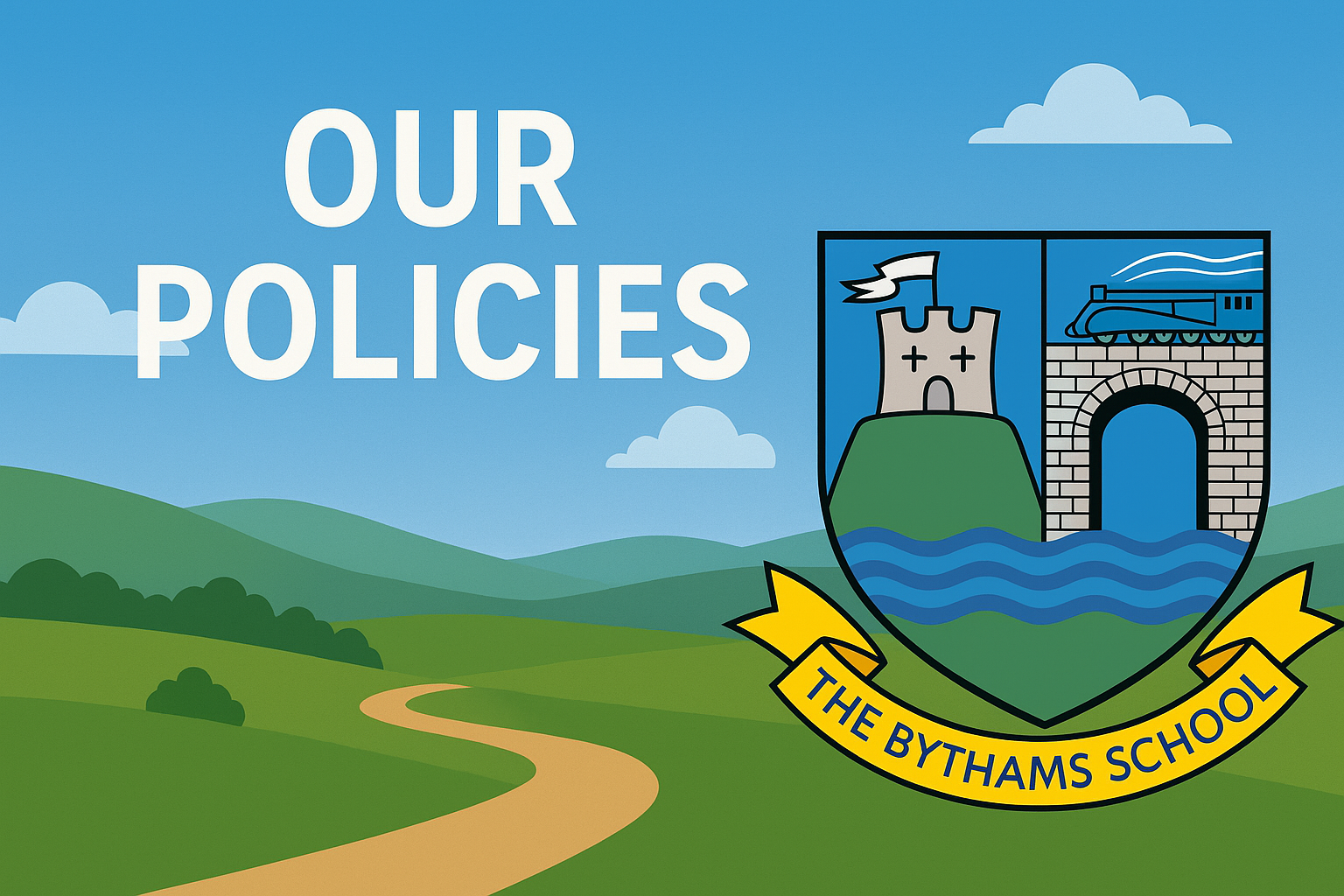 Our Policies
Our Policies
The reports are in PDF format. If you are unable to open them then you can download a free PDF reader from Adobe.
Paper copies are available from the School Office.
The school collects, holds and uses a great deal of information about individuals, particularly pupils and adults connected with the school. Under the Regulation (EU) 2016/679 (General Data Protection Regulation), data about living individuals is known as personal data. The regulation puts in place numerous safeguards for the use of data about individuals.
Under the GDPR, the data protection principles set out the main responsibilities for organisations: https://ico.org.uk/for-organisations/guide-to-the-general-data-protection-regulation-gdpr/principles/
Bythams Primary School has a statutory duty to comply with the requirements of the GDPR as it collects data about students and adults associated with the school for school business. The school is also required to produce a privacy notice explaining how information is collected and processed. A copy of the school’s privacy notice is available from a link on the right.
Information about your rights under GDPR can be found on the Information Commissioner’s website.
All of the information we hold on individuals follows the six key principles:
- Fair, lawful and transparent
- Collected for specified, explicit and legitimate purposes
- Adequate, relevant and limited to what is necessary
- Accurate, and where necessary, kept up to date
- Kept in a form which permits identification for no longer than is necessary
- Processed in a manner that ensures appropriate security
Data Protection Officer (DPO) for the school is ARK ICT solutions - Joe Lee
Further Information
In line with our Public Sector Equality Duty, the Bythams School adheres to the 3 principal aims of the Equality Act 2010, in which we aim to:
- To complete a school community survey annually to identify any areas of concern, particularly for Parents/Carers and Pupils.
- To use our Insight assessment system to monitor the rates of progress of pupils with different characteristics (EAL, PP, Gender etc) in order to identify and address any trends.
- To use our in-school tracking systems for behaviour to identify at-risk pupils. This information will then be used to identify any equality issues which will be addressed.
- To appoint an 'Attendance champion' to monitor pupil attendance in order to ensure that quick action can be taken to address low attendance rates at school.
- To increase the number of outside agencies (police, fire brigade, NSPCC, e-safety experts etc) who attend school to give the pupils expert advice on a range of issues
The Equality Act 2010 states that it is unlawful to discriminate against people with the following protected characteristics:
- Age
- Disability
- Gender
- Gender reassignment
- Pregnancy and maternity
- Race (ethnicity)
- Religion and belief
- Sexual Orientation
We believe that equality at our school should permeate all aspects of school life and that it is the responsibility of every member of the school and wider community. Everyone within our school community should feel safe and secure, valued and of equal worth.

